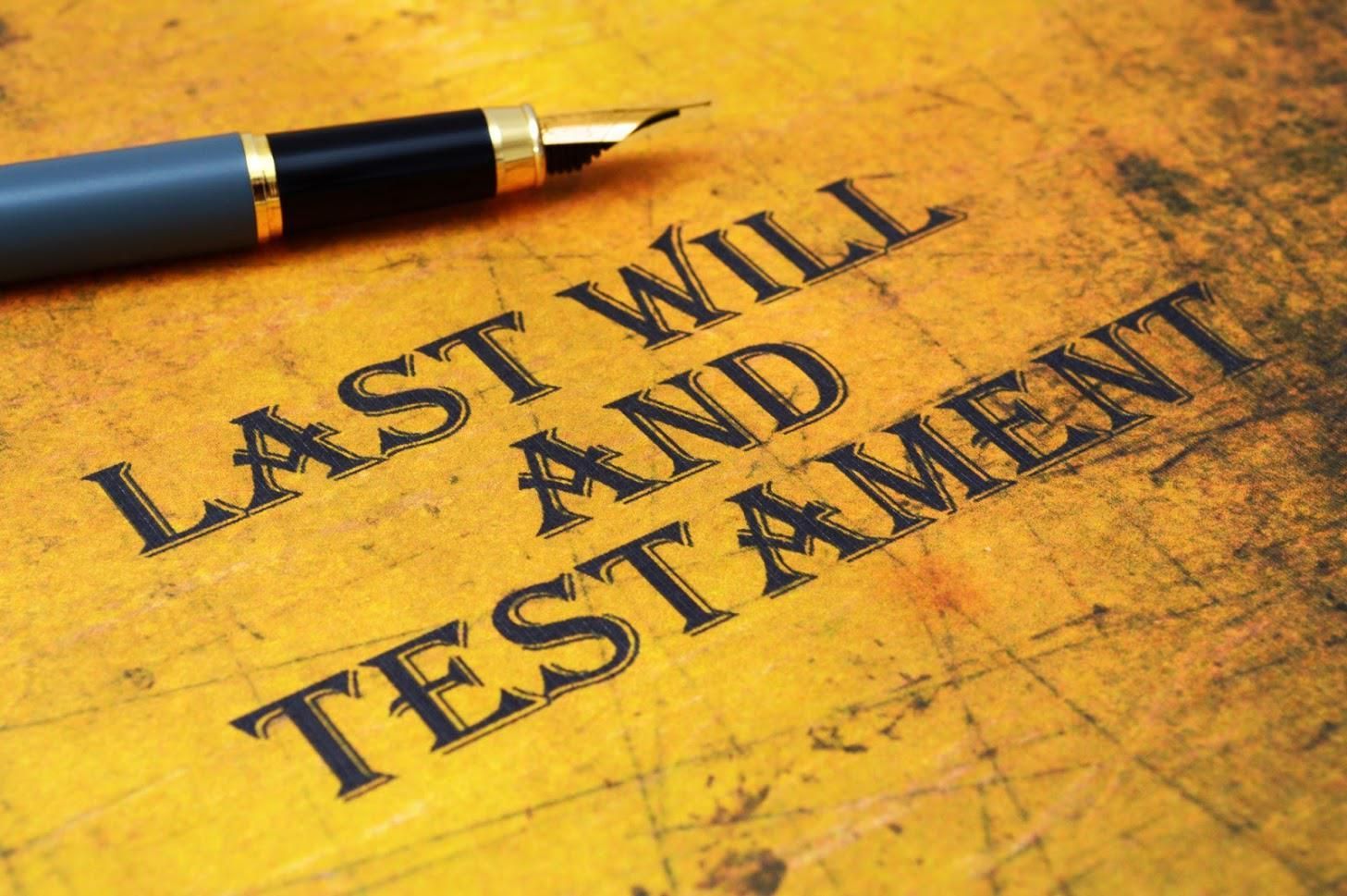Beyond a Last Will and Testament: Other Estate Planning Tools
November 16, 2020
November 16, 2020

A last will and testament communicates your last wishes to your dependents. A last will and testament is a common tool for estate planning. However, you can use other estate planning tools. Below are some of these estate planning tools.
Joint Ownership
Joint ownership is one of the easiest ways to pass property to a beneficiary. Just make sure you choose the right form of joint ownership. Florida recognizes four types of joint ownership:
- Joint tenancy
- Tenants in common
- Joint tenants with right of survivorship
- Tenancy by the entireties
Of these four, the last two are the best for estate planning purposes. In both cases, the surviving owner automatically assumes full ownership of the property upon the other owner's demise. The only difference is that tenancy by the entireties is restricted to married couples, while joint tenants with the right of survivorship apply to everyone.
Payable-on-Death Account
If you would like to leave your beneficiaries some money, consider using a payable-on-death account. A payable-on-death account is a financial account with a designated beneficiary. The beneficiary assumes the account's full ownership upon the account holder's demise.
A payable-on-death account has two main benefits. Firstly, the designated beneficiary cannot access the account in your lifetime. Secondly, you don't have to dedicate a specific amount of money to the beneficiary. The beneficiary receives whatever is in the account at the time of your demise.
Trusts
A trust is an arrangement where one party gives another party the right to manage assets on behalf of a third party. The original owner of the assets is the grantor, the party who manages the property is the trustee, and the third party is the beneficiary.
Like other states, Florida recognizes various forms of trust. The common ones include:
- Revocable living trust : You (the grantor) control the assets in the trust during your lifetime.
- Irrevocable living trust : You lose your rights to any assets in the trust, and you cannot change it.
- Land trust : You create the trust for real estate property (both land and buildings).
- Medicaid trust : You use this to leave money for your children instead of using the money in long-term care.
Your assets plus your estate planning goals determine the best trusts for you. An estate planning attorney can help you with an in-depth review of these trusts.
Durable Power of Attorney
Lastly, a durable power of attorney is also a powerful estate planning tool. A power of attorney is a legal arrangement where you (the principal) give another person (the agent) the right to act on your behalf. Florida recognizes various forms of power of attorney, such:
- A general power of attorney that comes with a broad range of powers
- A limited power of attorney that limits the agent to a single issue or transaction
- A durable power of attorney that exists whether the principal is incapacitated
- A springing power of attorney that becomes effective if the principal is incapacitated
Of these four, the springing power of attorney is best for estate planning. You select a trusted person to act as your agent so that they can manage your affairs, such as your businesses, if you are unable to do so. That way, the businesses are unlikely to collapse and impoverish your estate (and by extension, your beneficiaries).
Planning your estate is not just about writing your last will and testament. Donald B. Linsky & Associate PA can help you plan your estate in a way that incorporates all your plans and wishes. Contact us
for a consultation to begin working on your estate plans as soon as possible. We look forward to helping you.


